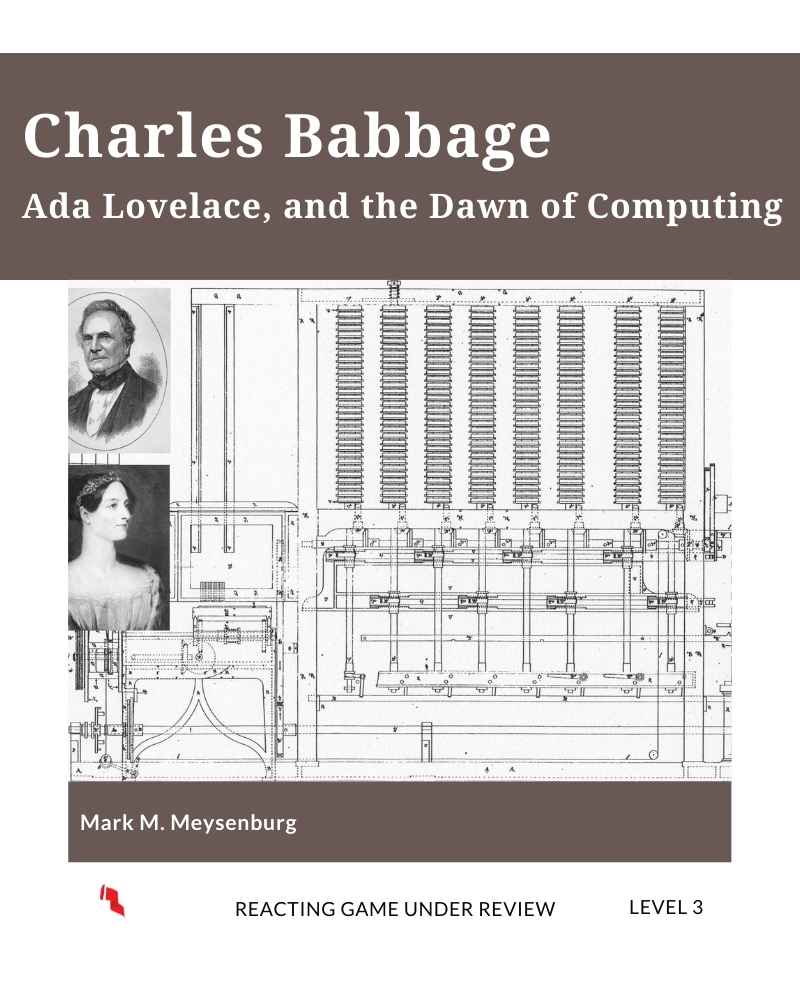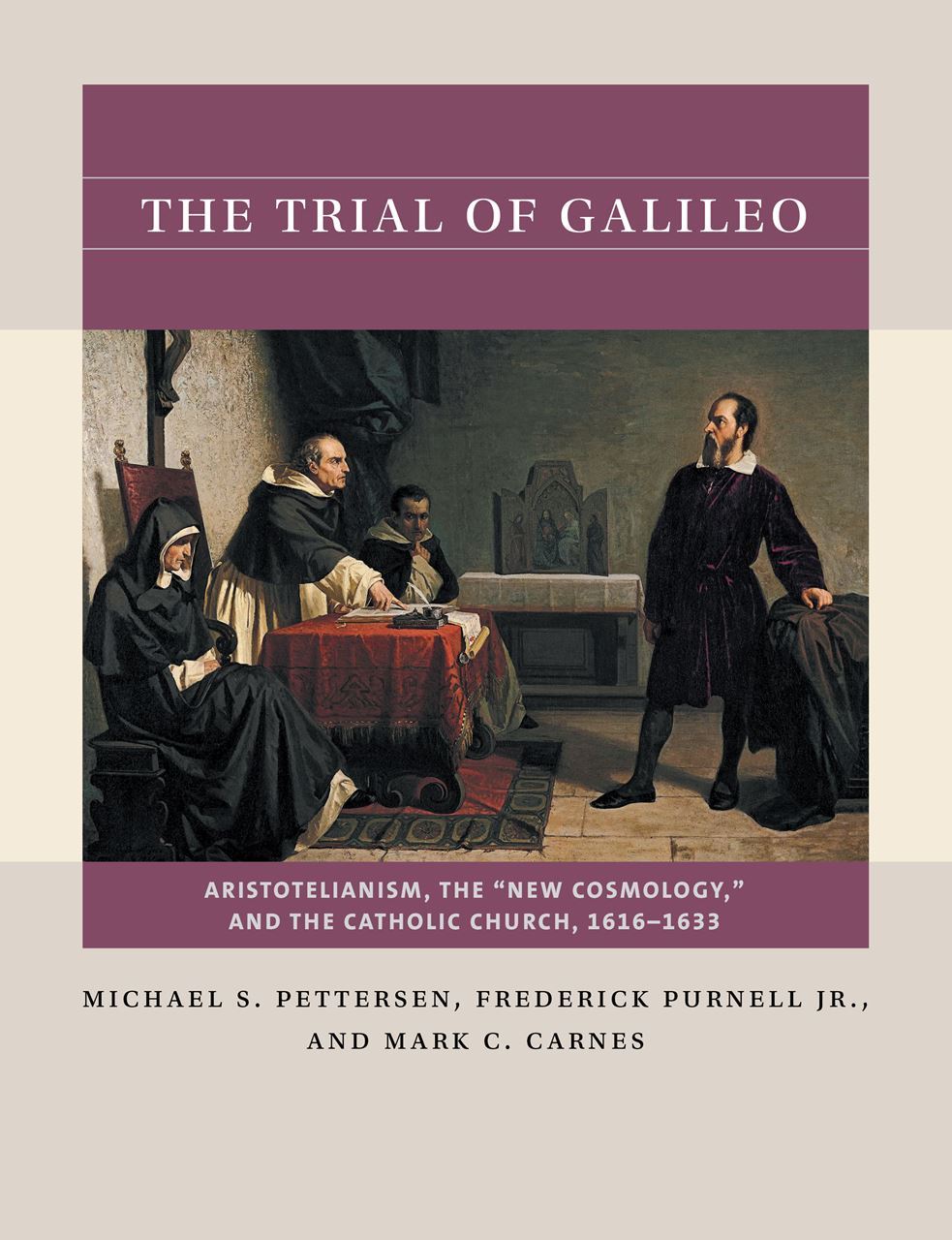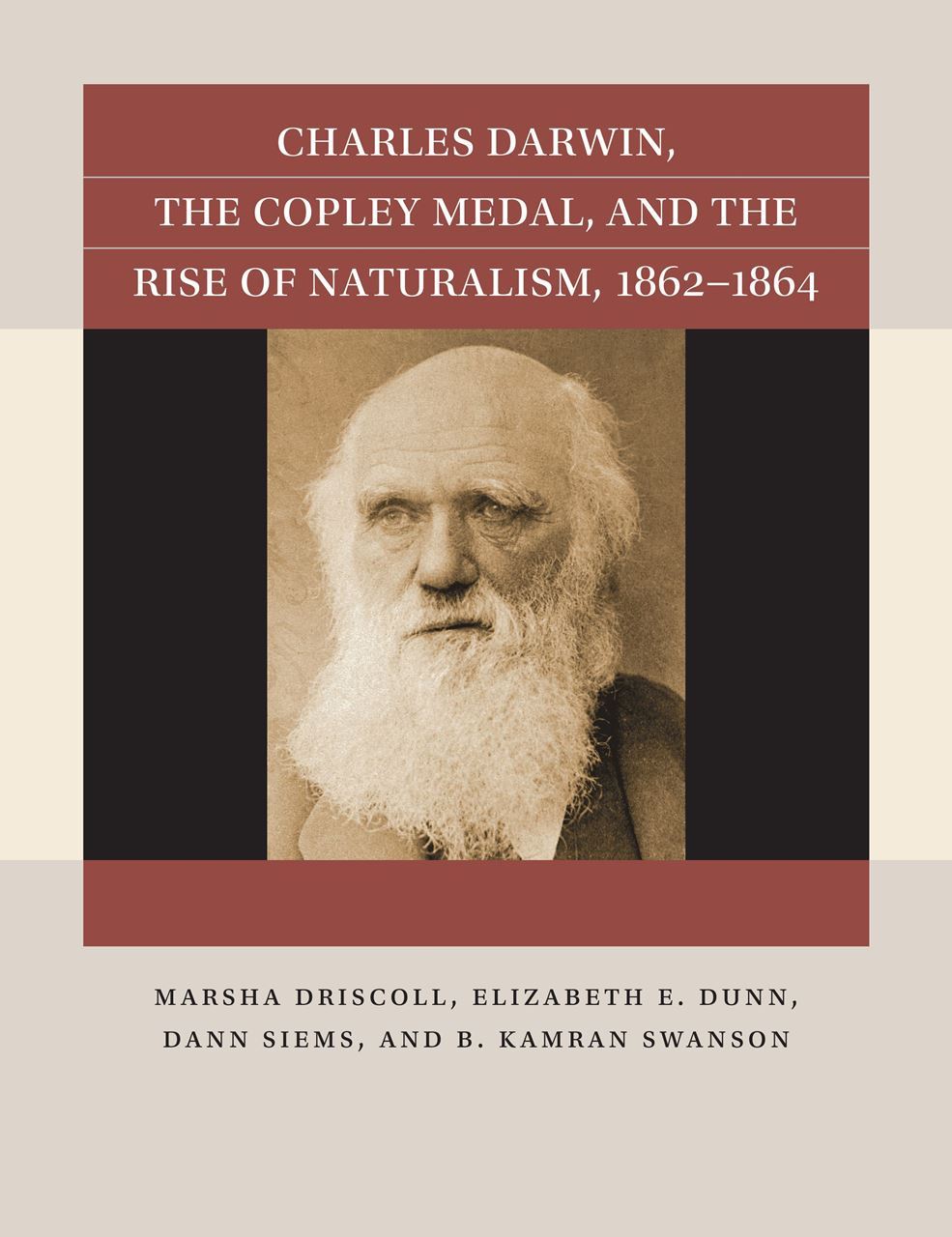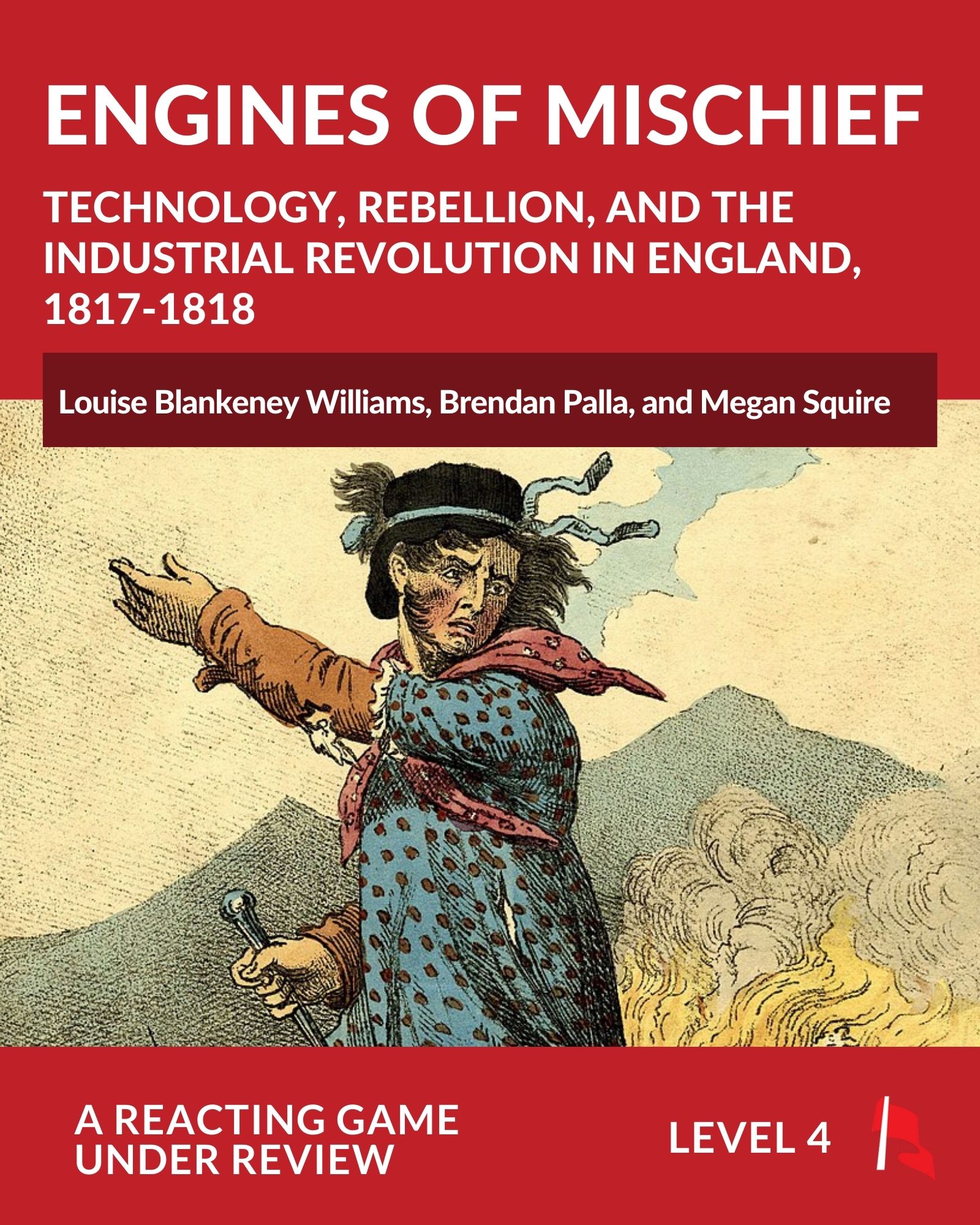 |
BABBAGE
Charles Babbage, Ada Lovelace, and the Dawn of Computing
by Mark M. Meysenburg

Play this game recently? | Why weren't there computers in Victorian England? Charles Babbage, Ada Lovelace, and the Dawn of Computing takes place in early nineteenth-century Britain, focusing on the calculating engines designed by Charles Babbage. The central intellectual collisions in the game concern the conflict between imagination and reason, the nature of science and scientists (are they talented, wealthy amateurs, or is science a profession?) and whether and to what degree science and engineering projects should be subsidized by the government. The main question in the game is whether or not Charles Babbage should be awarded funds from the British government for the development of his Difference Engine (an automated calculator capable of automatically creating, typesetting, and printing mathematical tables) and/or Analytical Engine (a true proto-computer), during the early to mid-1800s. This is a Level 3 game that is still under development but has been approved by the Reacting Editorial Board (REB) for general use. A detailed explanation of the editorial process and game levels can be found on our REB Page. |
Details
|
Using the Game
Class Time
Assignments You can adjust the assignments based on the desired learning outcomes of your class. This game can include traditional paper/research/thesis-driven writing and science writing. All roles are required to give formal speeches. |
Reviews |
"The game provides a teaching resource for the history of computation, where in my experience there are not many such resources. I intend to run this game at the first opportunity in my history of mathematics class. It might even make a good introduction to the course as a whole." | "One of the game’s strengths is that students can engage with primary sources in computation and mathematics. I know from teaching history of mathematics that it is very difficult to provide primary sources that are approachable without heavy-handed editing and translation of both terminology and notation. The core documents here are expository and quite clear." | "The game provides a lot of support and structure for an instructor new to the RTTP method. It also looks fun to play." |
 GAME MATERIALS
GAME MATERIALS
Reacting Consortium members can download all game materials below. You will be asked to sign in before downloading.
Please Fill out the Permissions Request Form Before Using Babbage in Your Class!
Gamebook All students need a Gamebook, which includes resources and historical content. Members can download the Gamebook, and provide it to students for free or at cost. VERSION 3.1. Updated January 2016. | Instructor's Manual The Instructor's Manual includes guidance for assigning roles, presenting historical context, assignments, activities and discussion topics, and more. | Role Sheets and Handouts The Instructor's Materials include Role Sheets, which contain biographical information, suggestions for further reading, and role-specific info or assignments. |
Mark M. Meysenburg
Mark M. Meysenburg is a Professor of Computing at Doane College in Crete, Nebraska. He teaches a RTTP-based FYS course every fall, focusing on the history of science. |
Members can contact game authors directly if they have questions about using the game. We also invite instructors join our Facebook Faculty Lounge, where you'll find a wonderful community eager to help and answer questions.
|
|
|


